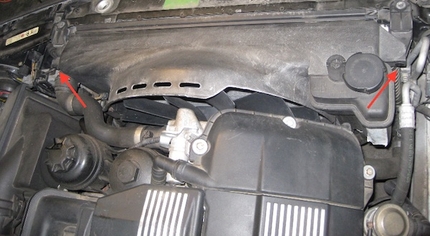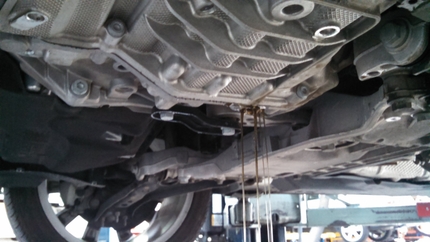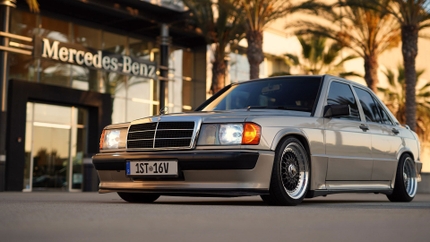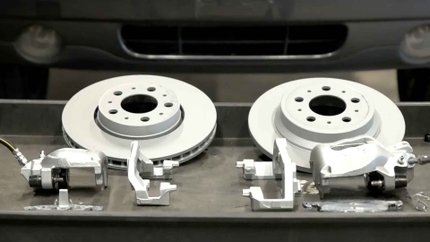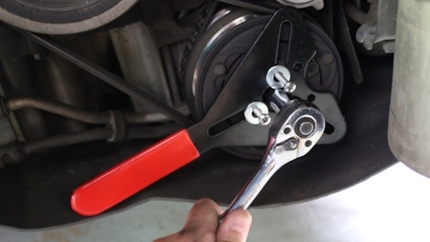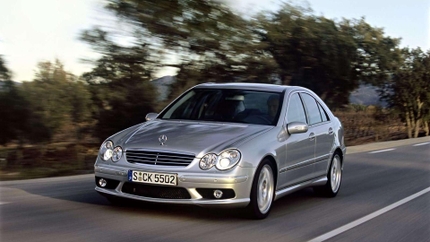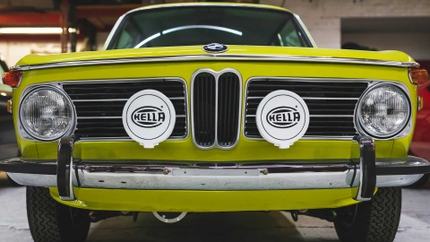Gasoline is a mixture of hydrocarbons refined from crude petroleum as a result of complicated distillation and a cracking process. Gasoline vapors are highly flammable and it's octane rating is the number given to classify it's resistance to detonation. There are several different factors that affect the octane requirement of a vehicle such as the inlet air temperature, the combustion temperature, the air fuel ratio, ignition timing, ambient temperature, barometric pressure, EGR rate, and the compression ratio. Fuels have different volatility ratings which is the the property of a liquid that define's it's evaporation characteristics. A high volatility will vaporize at a low temperature while a low volatility will vaporize at a higher temperature. Gasoline's are most commonly rated on their AKI (Anti-knock Index) which is a measure of octane quality. Gasoline quality guidelines are established by the ASTM (American Society of Testing & Materials).
An AKI is determined by the following:
- R = Research octane # - This is tested at low speed / low load
- M= Market or Motor Octane # - This is tested at high speed / high load
- AKI = R+M / 2
So what happened to the lead? Tetraethyl lead was phased out except for racing and aviation applications because it not only left a protective coating on the valves and upper cylinder walls but it also coated catalytic converters and oxygen sensors. We all know that especially wouldn't fly today due to the high demands placed on the emission control systems on the modern day vehicle's.
So why the Alcohol? Alcohol added to fuel usually comes across in the form of Ethanol or Methanol. It's added to the fuel to reduce CO emissions, absorbs any condensed moisture in the fuel, and improves octane. Some of the disadvantages however is that is decreases fuel mileage and raises the fuel's volatility.
How else is a fuel's octane rating increased? Either methyl tertiary butyl (MTBE) can be added to the fuel to raise the rating by as much as 3 points. However, when this was done, it was starting to show up in the ground water supplies so it was later replaced by ethyl tertiary butyl ether (ETBE) and tertiary amyl methyl ether (TAME) which increased the octane by the same amount of points.
In older vehicles you would use a higher octane fuel to regulate the air/fuel mixture. This was usually to compensate for a carburetor that was out of adjustment. But with today's fuel injected engine management systems is it really necessary to put in the higher grade fuel? Today's vehicles' engine management systems are programmed to operate to a specific octane. Don't believe me? Check your owners manual and generally your fuel door. So why put 93 octane vs 87? Does it have more cleaning additives and detergents compared to the 87? No, not usually. What you have to think about is what type of engine the application has and what are it's characteristics? What was it designed for? Is it an economically based design trying to squeeze out MPGs or is a high performance high compression engine trying to squeeze out every last pony and ft lb of torque? Let me be clear. If your vehicle was designed to run on regular unleaded fuel then upgrading to a premium gasoline will have you no added benefit. However, if you're running your Audi, BMW, or Mercedes Benz on 87 and you think you're going to get top performance and efficiency from the vehicle then you have another thing coming. Would you feed your kids Mcdonald's and expect them to be as alert and energetic in the classroom and on the field as the other kid who's parents feed him fruits, vegetables, and grilled chicken? You get the picture. Can you use a lower grade? Yes. What will happen? Possible pinging, knocking and high NOx which over time can cause damage to your engine. Basically, the higher the octane, the higher temperature and pressure it requires to ignite so there's less likely a chance for pre ignition.
So what happens if I do use a lower octane fuel? Will I definitely cause damage? Not necessarily. Today's vehicle's utilize what's called a knock sensor. When this sensor detects engine knock it will simply delay your ignition timing or "spark" automatically. This will work as long as the engine load isn't too drastic. So if you're towing or hauling in the middle of the summer at 100 plus degrees with 87 octane in the tank on an incline you may still here some knock as there's only so much the engine management system can work with.
To share my current experience with octanes, I'm driving an 05 Audi A4 1.8T back and fourth on the commute to FCP. My previous vehicle was an 03 A4 1.8T with some modifications while the 05 is bone stock. I always used premium fuel in the 03 no questions asked but decided I'd give lower octane a try for the first time since this car was bone stock. The car had no power. It felt like I lost 25hp and 50 ft lb's of torque and my fuel consumption increased. Once I switched back to 93 octane it felt like I had raised the boost pressure and I began getting in the 30 MPG range again. Needless to say, I'm a believer in quality fuels for my vehicles and I won't be feeding my kids McDonald's anytime soon.
As always if you have any questions please feel free to email me at jasonv@fcpeuro.com
About The Author: Jay Vangorden
 Jay VanGorden (Dr. Jay) is a Master Volvo Technician and Quality Control Manager at FCP Euro. He can be reached at jasonv@fcpeuro.com
Jay VanGorden (Dr. Jay) is a Master Volvo Technician and Quality Control Manager at FCP Euro. He can be reached at jasonv@fcpeuro.com


